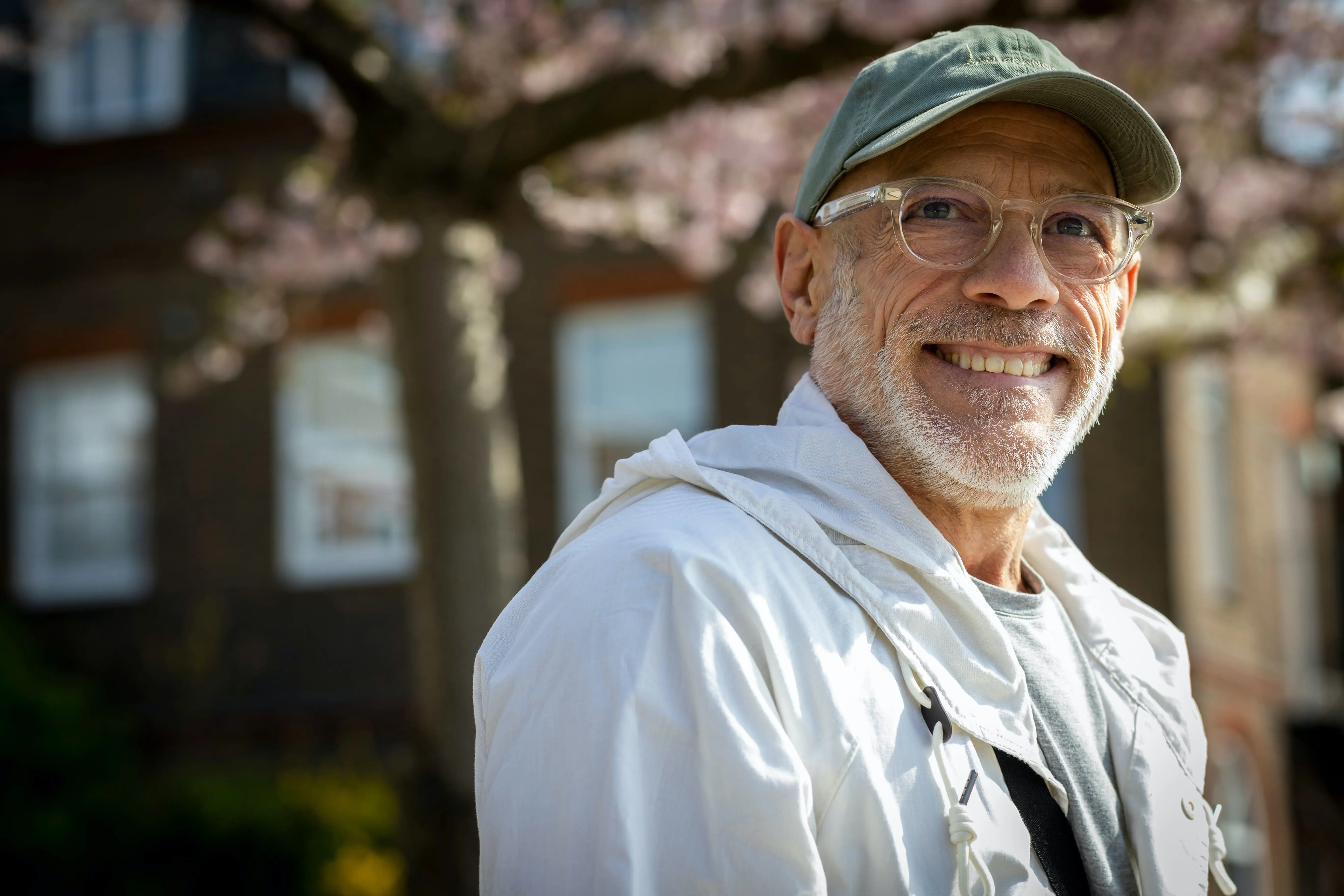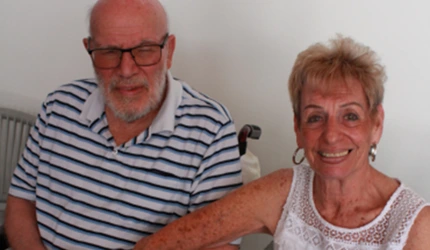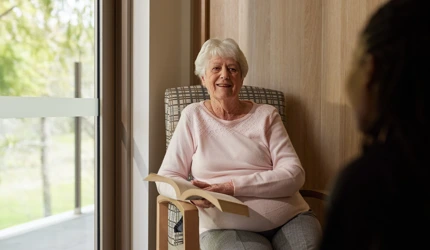
When it comes to making end of life plans, many of us would rather not think about it. Understanding what end of life planning entails can demystify the process and provide peace of mind to you and your loved ones.
Brightwater Senior Social Worker Amanda Wallace advises older people who are considering end of life planning. The first thing to know is that end of life planning does not mean you’re relinquishing control. The instruments used don’t take effect until you no longer have the capacity to act on your own behalf.
“A lot of people think they sign away their decision-making power and that’s not correct,” Amanda said.
“It’s for future planning. If someone still has capacity to make decisions, they retain control over their own affairs.
“Hopefully you’ll always be able to make decisions, but if you can’t for whatever reason, it’s about who would you trust to make those for you.”
Amanda is the first to acknowledge that this kind of planning is a new experience for most people. There are three main instruments for end of life planning:
- Advance health directive
- Enduring power of attorney
- Enduring power of guardianship.
Let’s look at each one.
What is an advance health directive?
In Western Australia, an Advance Health Directive (AHD) allows you to make decisions about your healthcare and treatments if you become sick or injured and are unable to communicate your wishes. It is a legal document covering what you want as well as things you do not want to happen.
An AHD takes effect only when you require treatment but can’t communicate your wishes. This includes medical, surgical, and dental treatments, including palliative care and life-sustaining measures like CPR.
You should discuss your AHD with your doctor. They will guide you on treatment options, tell you how different options might affect you, and make recommendations based on their experience with you and other people in similar situations.
What is an enduring power of attorney?
According to the Government of Western Australia, an Enduring Power of Attorney (EPA) is a legal document that transfers your legal authority to make financial and/or property decisions on your behalf. You can choose a person, multiple people or even an organisation to receive your enduring power of attorney. This person or people are referred to as your “attorney”.
The authority of the attorney is very limited. They can only make decisions about property and financial affairs. They have no power to make decisions about your lifestyle, medical treatment, recreation, or personal preferences.
What is an enduring power of guardianship?
The state Government of Western Australia says an Enduring Power of Guardianship (EPG) is a legal document authorising a person you choose to make personal, lifestyle and treatment decisions on your behalf if you are no longer capable of making those kinds of decisions yourself.
The person you appoint to make decisions on your behalf is known as the enduring guardian. The guardian must be:
- At least 18 years of age
- Have full legal capacity to make a formal agreement and understand the implications of statements contained in that agreement.
An enduring guardian makes decisions about things like where you live, which support services you can access, who your doctors are, and the treatments you receive. An enduring guardian is not authorised to make property or financial decisions on your behalf.
It’s possible to have joint guardians but they must agree on any decisions made on your behalf. For example, you may want to appoint your children as joint guardians instead of choosing one. If you plan to appoint more than one enduring guardian, make sure they can work together and reach decisions amicably.
Why it’s important to go through end of life planning
An AHD, EPA, and EPG are all legally binding documents that protect you if you no longer have the capacity to make decisions for yourself. They’re essential to inform your aged care residence, doctors, specialists, family, and friends about how you want to be treated and who has authority to make decisions on your behalf if you no longer have the capacity.
Without these documents in place, if you no longer have the capacity to sign an EPG or EPA an application to the State Administrative Tribunal (SAT) will need to be made. Although, SAT will try to appoint family, if there is conflict within the family SAT may appoint the Public Advocate to make lifestyle decisions for you or the Public Trustee to handle your financial affairs. Amanda advises everyone to undertake planning early, whilst they have capacity, to ensure their wishes are met.
“Think of this as forward planning to ensure everyone knows what you want when you get to the end of your life.”



